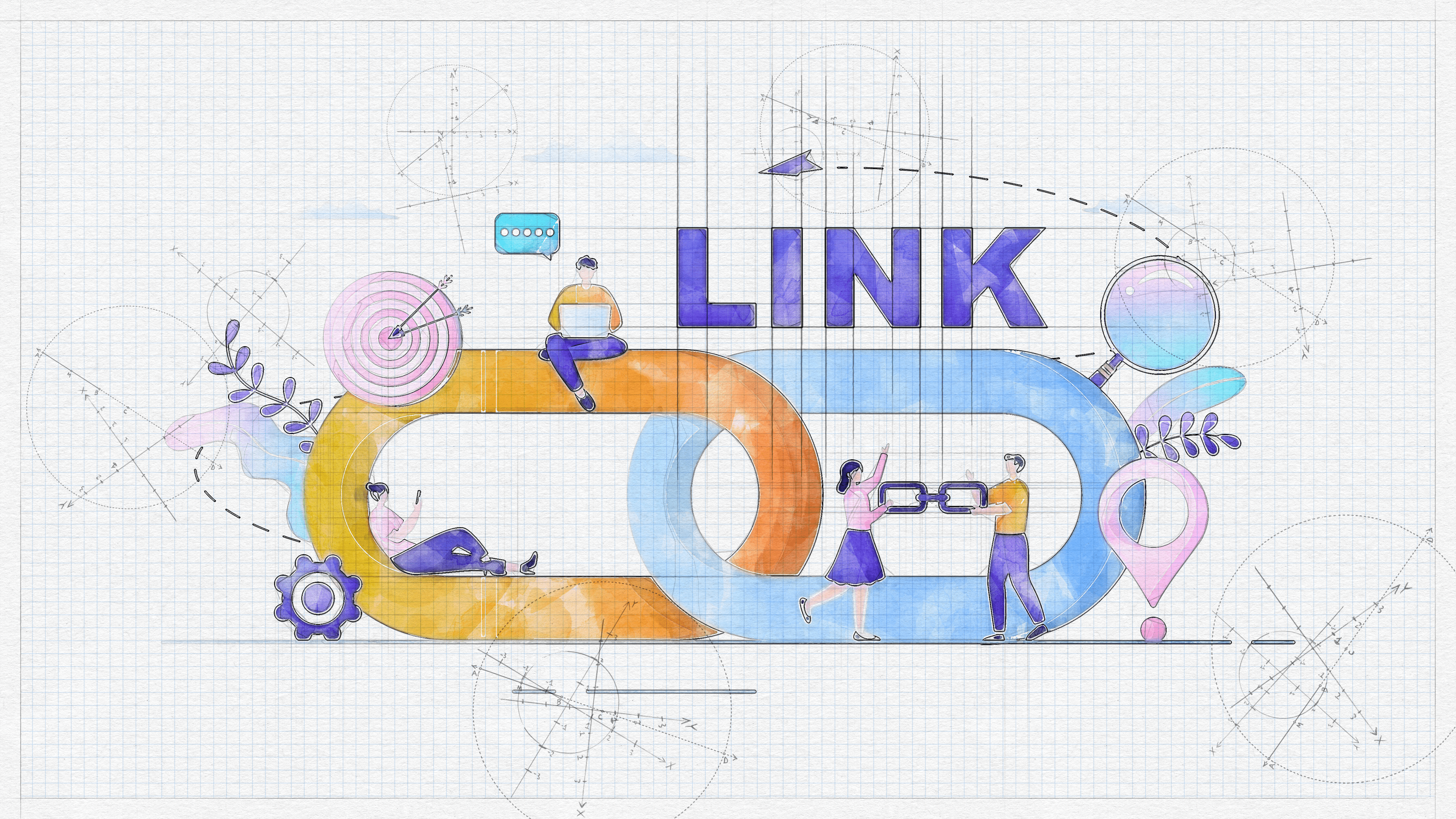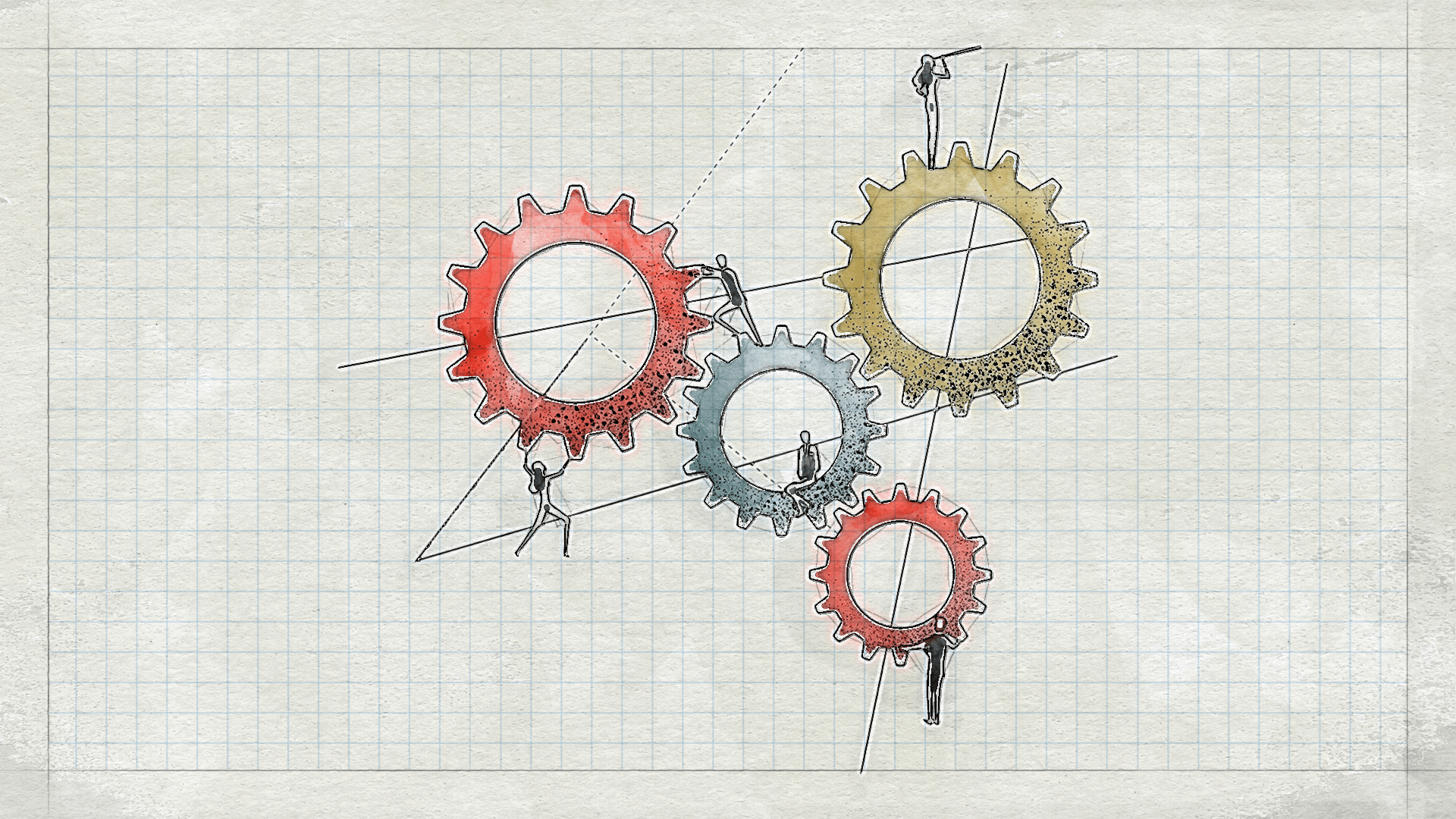The last two years, 2020 to 2022, prove how uncertain and unstable life can get. The outbreak of Coronavirus in March 2020 forced all institutions/ organisations to shift from in-office work to working from home till vaccines were made available to the Indian population in January 2021. James Thomas, a partner with Strategy&, a global think tank focused on culture, behaviour and leadership change, in his article, ‘How the pandemic has changed workplace culture for the better. He talks about the rapid shift from in-office to working from home to back to in-office work. He highlights the problems in this rapidity and the abandonment of working in-office. While modern collaborative technology has made working safe and easy, it has reduced human interaction. We come across a struggle in building trust and rapport, a gap in the mindset of leaders and employees, and anxieties and hesitation among employees at all levels. How can a leader address certain anxieties and ensure efficiency at the same time?
The simplest way to do so is to lead by example by managers being present in the office, just being there shows effort. Thomas talks about how face-to-face interactions are necessary for building trust. It makes it easier for managers and employees to gauge social, and non-verbal cues. It helps in understanding that which the person in front might not say explicitly. Being present demonstrates a commitment by employees and leadership alike.
Another crucial step in ensuring efficiency is developing a solid two-way line of communication. Leaders, managers and internal communications professionals have an extremely important role in keeping employees connected and engaged. The impact of the pandemic has taken a significant toll on employees’ personal, social, and professional lives. Overwhelming fears around health, safety and job uncertainty are continuously leading to anxiety, frustration, and low employee morale.
While leaders can and must provide context and guidance at the beginning of a project, employees too must make an effort to convey their doubts or any kind of reservations they may have. Leaders are required to check in more and learn ways to support their employees in moving forward. This can be done by giving them the space to take ownership of their jobs and allowing them to complete their work how they think is best. Leaders can also communicate the importance of discipline and boundaries. This is crucial for organisations or companies that are functioning in the hybrid mode. People working from home tend to get less productive over time, they lose their frame of reference and task orientation, and the boundaries between working and signing off become blurred and they can’t ‘switch off’ or ‘log out’. Here is when leaders can step in and create distinctions between the time to work and the time to rest. Organisations need to lay particular emphasis on restoring employees’ emotions and trust, to maintain productivity and employee engagement. Support from the managers, leadership, HR, and internal communications, are some of the prerequisites for ensuring employees’ productivity and business success.
An article written by Kristina Martic on ‘How to Ensure Productivity in the Post-Pandemic World’ emphasises the apparent importance of focusing on your employees’ physical and mental health, she also talks about businesses building a continuity plan. It is believed that employees function and perform well when they feel secure and their productivity depends on how well a company or a business is prepared to deal with a similar crisis. Business Continuity Plans are crucial because without a plan a workplace will not have a clear sense of how to return to business as usual.
Leaders must develop an overall workforce strategy and action plan that puts people first. Which further requires a strategy around how to best deliver and communicate it to your employees. Again, effective communication is key to making a recovery faster, protecting company assets and minimising losses.
Employees’ productivity and overall performance have been disrupted by the pandemic and by cultural and social challenges linked to the current tendency of working in the hybrid mode or a socially distanced set-up. How leaders, managers and organisations as a whole support their employees and help them to stay connected has a major impact on company culture and employee experience. Employees need to be given an easy way to communicate and collaborate with their peers and managers. Leaders and internal communications professionals have to be the ones leading the transformation towards more open and transparent workplaces to boost employee productivity and success.
As trust and transparency in the workplace are some of the most in-demand traits employees are looking for in their employers, they not only influence employee productivity but also enable employers to attract and retain talent in their organisation. A study conducted by Great Place to Work shows that when millennials work in a high-trust culture they are 22x more likely to in their company long term.
Living in uncertain times leads to confusion in all areas of life, particularly in the workplace, we see a lack of clarity which ultimately leads to failure and not only a loss to the company or organisation but also to an employee or team’s confidence/morale. Therefore, it is important to set clear targets and expectations beforehand. Setting clear goals fuels employees’ productivity, commitment and motivation, providing the freedom for them to act independently within the defined boundaries.
Managing or leading is a tedious task that becomes tougher when your team works from different locations. Jennifer Robinson’s work ‘Covid-19 Has My Team Working Remotely: A Guide For Leaders” stresses the importance of enhanced leadership and manager communications. She talks about leaders allowing managers to guide and handle their teams in their way. She suggests the formation of individual professional relationships. Such practices help managers know their employees’ strengths and weaknesses. Managers must also be sensitive and aware of certain mental health issues which snowball into disorders if we are not careful. For example disorders such as Generalised anxiety disorder and Depression. These disorders are sadly rampant in our society and are often ignored, they manifest in different ways and at times have devastating consequences to the psyche of a person.
Managers/leaders or any person dealing with people or is just in a line of work that requires them to interact with people must make the effort to educate themselves on what such issues are and how they manifest in our daily life. Disorders like anxiety and depression at times manifest themselves in the form of physical symptoms like a headache, sweating, or when a person constantly shakes their leg etc and an extreme manifestation of anxiety takes place in the form of panic attacks which occur can occur without a trigger as well. While disorders like depression go unnoticed because of how normalised their presence and effects have become. We also come across something known as High-functioning mental illnesses, it basically is that a person may be leading a ‘normal’ life, they study, have a job, friends etc but what goes inside their mind, the war and panic they fight every second goes undetected simply because they don’t display the typical features of being ill. Mental health/disorders sensitisation has become all the more important after the outbreak of Coronavirus. Understanding, becoming sensitive towards and addressing such issues is of utmost importance to everyone working under/for a company. Companies must ensure that there are provisions for employees that help them deal with such issues. Provisions can be made in the form of breaks, taking/giving employees a day off, employing educated, sensitive mental health professionals or ensuring that members of your Human Resource team are well aware and sensitive, time must be taken out to address issues that can be life-threatening, and should be destigmatised. Only then employees will know that they are seen as human beings and are understood and then they will perform efficiently even in troubled times.








